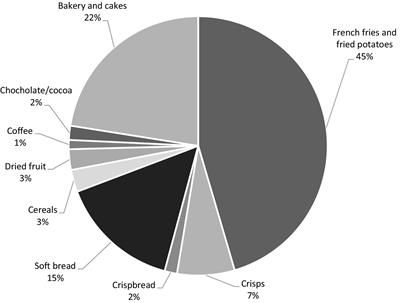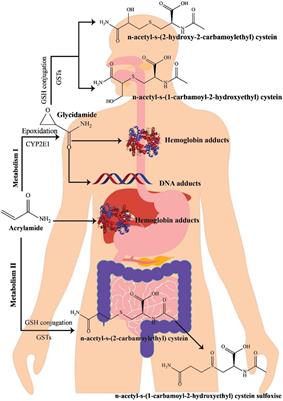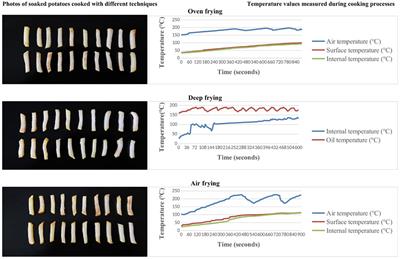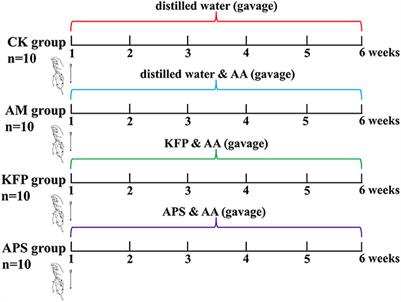EDITORIAL
Published on 25 Jun 2024
Editorial: Dietary acrylamide in human health
doi 10.3389/fnut.2024.1446690
- 827 views
- 1 citation
2,861
Total downloads
23k
Total views and downloads
Select the journal/section where you want your idea to be submitted:
EDITORIAL
Published on 25 Jun 2024
ORIGINAL RESEARCH
Published on 03 Jun 2024

REVIEW
Published on 22 Feb 2024

ORIGINAL RESEARCH
Published on 11 Jan 2024

ORIGINAL RESEARCH
Published on 06 Feb 2023

